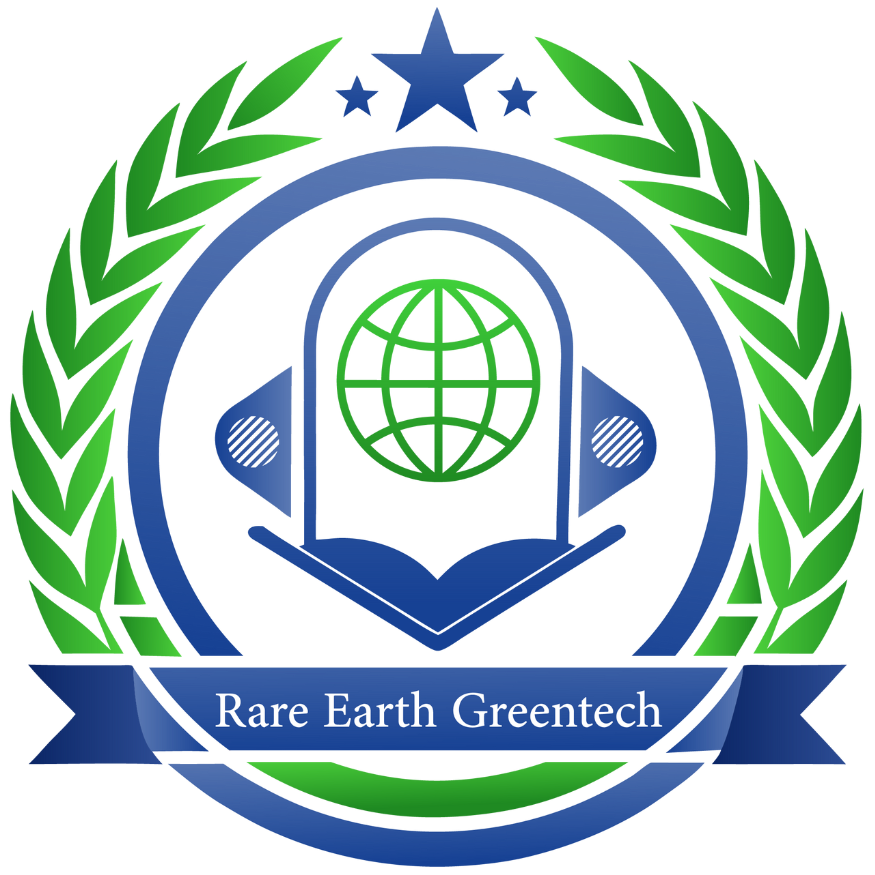Rare Earth Elements (REE) are the backbone of modern technology. From smartphones and electric vehicles to renewable energy systems and defense equipment, these critical minerals are essential to the infrastructure of our digital and sustainable future. Yet despite their widespread use, access to REEs remains limited and largely controlled by a few global players. Democratizing REE means shifting this imbalance—making REEs more accessible, affordable, and responsibly sourced for all nations, industries, and innovators.
Why REEs Matter More Than Ever
Rare Earth Elements include 17 metallic elements like neodymium, dysprosium, and terbium, known for their exceptional magnetic, thermal, and luminescent properties. These elements are essential in creating high-performance magnets, batteries, electronics, and green technologies.
The global shift toward sustainability, smart mobility, and digital transformation has made REEs more important than ever. However, the market for these resources is neither equitable nor transparent, creating significant challenges for countries and companies outside the dominant supply chains.
The Problem: A Concentrated Supply Chain
Over 80% of the global REE supply is currently processed in a single country. This concentration of control poses several risks:
- Geopolitical Dependence: Countries with growing tech industries may find themselves vulnerable to supply disruptions due to political tensions.
- Economic Barriers: Smaller economies and startups may struggle to afford or access REEs at scale.
- Environmental Concerns: Unregulated mining in some regions causes significant environmental degradation, often harming local communities.
These factors create an urgent need to democratize access to REEs and build a more resilient and fair global system.
What Does “Democratizing REE” Mean?
Democratizing REE involves decentralizing and diversifying the exploration, extraction, and distribution of Rare Earth Elements. This means:
- Expanding Global Mining Efforts
Encouraging investment in untapped REE deposits across different continents can help reduce reliance on a single source. Countries like Australia, Canada, and India are already exploring this potential. - Developing Sustainable Extraction Methods
Innovation in eco-friendly mining, including bio-mining and low-impact extraction techniques, can reduce environmental damage while expanding access. - Investing in Recycling & Circular Economies
Recovering REEs from electronic waste, end-of-life batteries, and industrial byproducts can create a secondary supply chain that is both sustainable and cost-effective. - Creating Transparent Trade Policies
International collaboration and fair trade agreements are crucial to ensure that all countries—developed and developing alike—can participate in the REE economy. - Supporting Research & Innovation
Funding research into REE alternatives or more efficient usage can reduce demand without compromising performance.
The Benefits of Democratization
By democratizing REEs, we can empower more countries to participate in the clean tech revolution, spark innovation in startups, and reduce global dependence on monopolized resources. It also leads to fairer pricing, more ethical sourcing, and greater environmental accountability.
For industries, this opens new avenues of growth. For governments, it strengthens national security and economic resilience. And for consumers, it ensures a future where smart technologies are not just advanced—but also ethical and accessible.
Conclusion
The world cannot afford to let REEs remain a limited and contested resource. Democratizing Rare Earth Elements is not only a strategic necessity—it’s a moral and economic imperative. As we build smarter, greener societies, let’s ensure that access to these critical elements is shared, sustainable, and inclusive for all.




